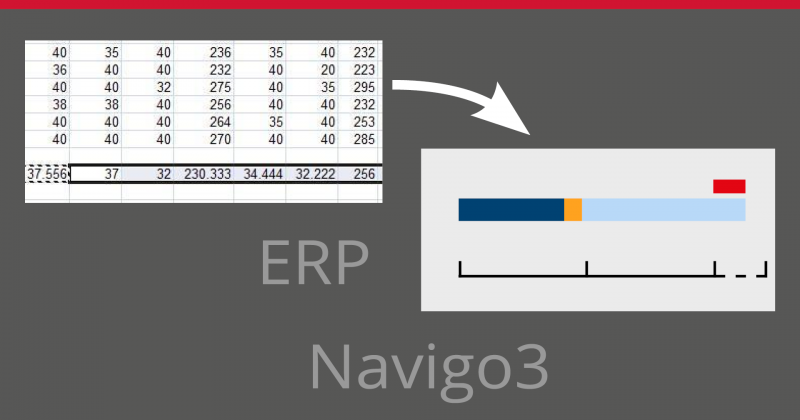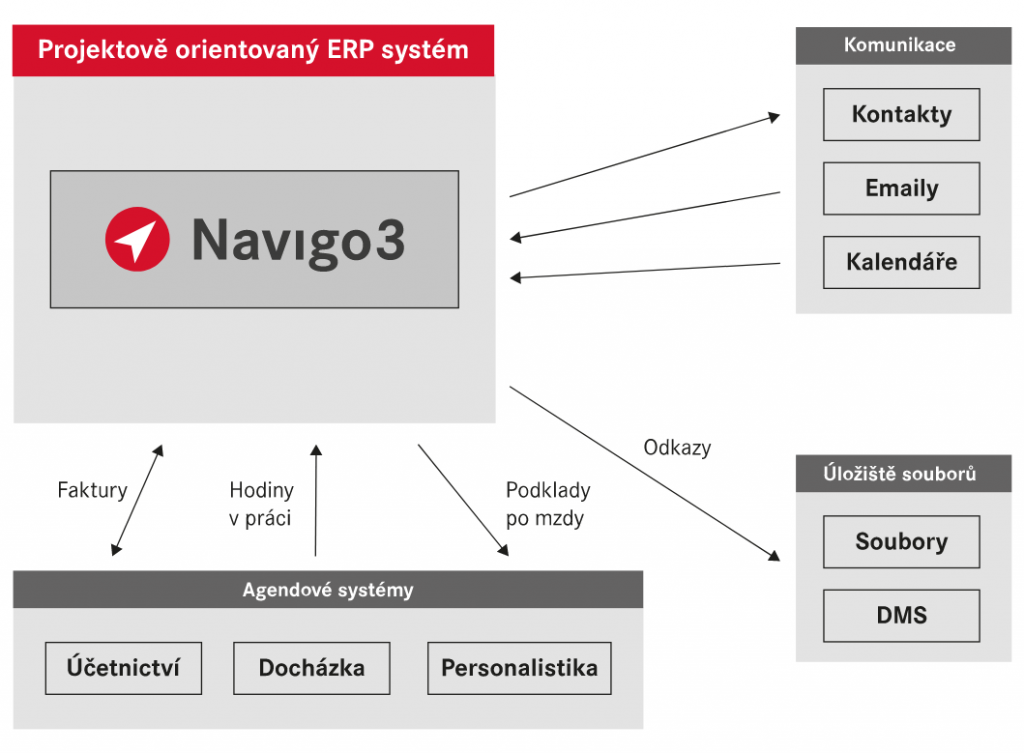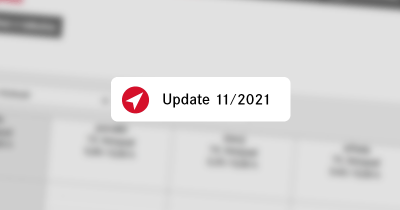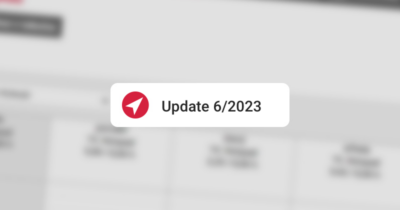How do ERP systems/accounting and project management software and project companies relate to each other? Is it necessary to have both?
Thinking about how to better manage a project-based company and not sure what tools to choose? Should it be just one system or a combination of several? The systems often overlap, so it is not easy to decide and choose…
Accounting software
The main reason why companies keep accounts is because the state wants to keep track of tax payments. Therefore, accounting programmes are mainly oriented towards this goal. They respond flexibly to changes in legislation, ensure control of entered data, and have functions for accountants.
However, it is not good enough to manage a project company only by accounting. There are no easy methods to differentiate between projects, unless you want to use centre management (dividing the company into sub-companies that invoice each other). There is no concept of a project plan, only reality is recorded. For this reason you also get no data about the future – predictions, outlooks. Forget about capacity planning too. You will find out how last year went in the financial statements.
If you decide to manage your project company with accounting, you will have no choice but to plan projects elsewhere, for example in Excel. This method is only reasonably applicable to companies with less than 10 employees, but even there it has serious shortcomings.
ERP
 ERP are enterprise systems that try to accommodate all types of companies – manufacturing and project-based. It offers a wide range of functions from inventory management, production planning, HR, etc. Very often, ERP wraps an accounting system and adds additional functionality to it. For this reason, the typical form of data presentation is a table and only to a limited extent graphs and charts. The user interface can be very complicated. In addition, they are typically desktop systems (requiring installation on every computer) without the possibility of access via a web browser.
ERP are enterprise systems that try to accommodate all types of companies – manufacturing and project-based. It offers a wide range of functions from inventory management, production planning, HR, etc. Very often, ERP wraps an accounting system and adds additional functionality to it. For this reason, the typical form of data presentation is a table and only to a limited extent graphs and charts. The user interface can be very complicated. In addition, they are typically desktop systems (requiring installation on every computer) without the possibility of access via a web browser.
Because these systems offer a wide range of functions, they are often not as sophisticated as more specialized systems. Advanced visualization, analytical and administrative functions are often missing.
Choose ERP if you are not only dealing with projects but also with production. A typical indication to use ERP is the need to keep stock records.
Project management systems (PMIS, PPM, EPPM)
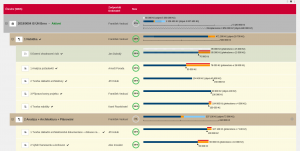 This type of system is suitable not only for project-oriented companies, but also for project-managed departments of manufacturing companies (typically research and development).
This type of system is suitable not only for project-oriented companies, but also for project-managed departments of manufacturing companies (typically research and development).
These are project-specific systems and this corresponds to a wider range of functions than in the case of ERP. Business-focused functions allow you to work with a whole portfolio of processes – for example, business opportunity management, cashflow, employee capacity planning, KPIs. Functions for planning and managing individual projects include WBS, Gantt charts, subcontract records and task and note management.
This type of system is usually accessible via a web browser and very often optimized for mobile phone operation. Rather than tables, simpler forms of presentation are preferred – charts, diagrams.
And what type is Navigo3?
Navigo3 belongs to the category of project management systems. Our main contribution is therefore the functions related to project management. In addition, we offer built-in support for several common business agendas. Smaller companies appreciate simple check-in and check-out records, a basic logbook, holiday planning or keeping records of invoices received and issued. Thus, they do not have to run several other systems and quite often make do with external accountants who just pass on the documents.
Our motto is: “We don’t change what works.” If customers already have accounting/ERP, we can offer them integration with Navigo – they keep the accounting for the state, but can conveniently plan and manage projects in Navigo. At the same time, they eliminate the need to enter invoices into both systems. If the customer finds that Navigo fully suits him, he can get rid of the expensive ERP and get a cheap box version of accounting for Navigo. We also commonly integrate with other company systems such as time and attendance or HR programs (holiday planning).
Sounds interesting, doesn’t it? So try Navigo today!
